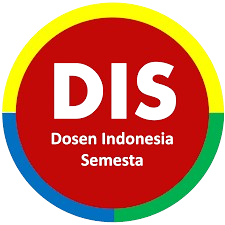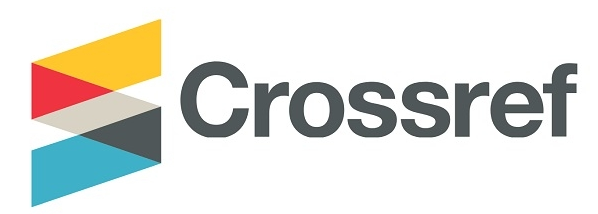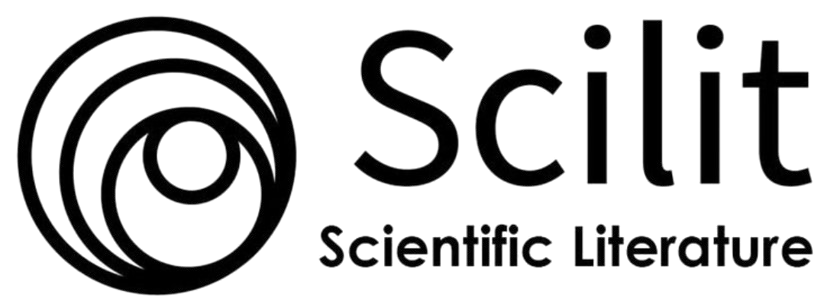The Influence of Whatsapp Group on Descriptive Text Writing Ability of the Tenth Grade Students of SMK Al-Achyar in the 2019/2020 Academic Year
DOI:
https://doi.org/10.36526/ln.v5i1.1466Keywords:
influence, Whatsapp Group, Writing, Descriptive TextAbstract
The objective of the research is to know whether the students taught by using WhatsApp group get better descriptive text writing score. The research design of this research was pre-experimental research. The respondents of this research were the tenth grade students of TKJ class at SMK Al-Achyar, consisting of 19 students. To collect the data the researcher used test as the instrument. The data were collected through writing test. The test was given before and after the treatment. On the treatment, the researcher used WhatsApp Group as a media in teaching and learning writing descriptive text. The computation result of t-test was 6.93. The result of computation value was consulted to the
References
Appiah, M. K. (2016). Influence of Whatsapp on Study Habit Of University Students In Ghana . International Journal of Research in Economics and Social Sciences.
Chandra, R. (2015). Collaborative Learning for Educational Achievement. IOSR Journal of Research & Method in Education (IOSR-JRME), 5(2). Retrieved from www.iosrjournals.org
Dekhna, Prabha. (2016) Advantage and Disadvantage of WhatsApp.International Research Journal of India. 1(8). ISSN 24548707
Deshen, D. B. (2014). WhatsApp Goes to School: Mobile Instant Messaging between Teachers and Students . Journal of Information Technology Education: Research, 217-231.
Embi, I. b. (2016). Students’ Perception on The Use of Whatsapp as a Learning Tool In ESL Classroom . Journal of Education and Social Sciences.
Gon, S., & Rawekar, A. (2017). Effectivity of E-learning through WhatsApp as a Teaching Learning Tool. Journal of Medical Sciences, 4(1):19-25
Harmer, Jeremy. (2004). How to Teach Writing. Malaysia: Longman.
Helsanita, Novera. (2014). The Effectiveness of Collaborative Learning in Improving Students’ Ability in Reading Descriptive Text. Thesis, Syarif Hidayatullah State Islamic University Jakarta.
J.B.Heaton. (1975). Writing English Language Tests. London: Longman Group.
Jette G. Hansen, Jiun Liu. (2005). Guiding Principles for Effective Peer Response. ELT Journal, 59(1);31-38.
Kheryadi. (2017). The Implementation of WhatsApp as a Media of English Language Teaching, 10(2):1-14. Available on jurnal.uinbanten.ac.id/index.php/loquen/a rticle/view/685
Khubyari, Leila. (2016). Rapport in EFL Classroom with a Mobile Application in Everyday Context. International Journal of English Education, 4(1).
Mayasari,S, Firdaus, M, Widayatsih, T,. (2018). Multiliteration Learning inWriting English Text through Collaborative Techniques. National Seminar on Elementary Education. SHEs: Coference Series 1(1) 773-781.
Mhandeni, S. A., & Mwakapina, W. J. (2016). WhatsApp Mobile Tool in Second Language Learning: Opportunities, Potentials and Challenges in Higher Education Settings in Tanzania. International Journal of English Language Education, 4(2):70-90.
Nation,I.S.P .(2009). Teaching ESL/ EFL Reading and Writing. New York: Routledge.
Rahmawati, Faida. (2017). The Effectivenes of Using Whatsapp to Improve Writing Ability in Announcement Text at the Tenth Grade Students of SMAN 1 Klirong in the 2016/2017. Thesis, Purworejo Muhammadiyah University.
Roman, D. N. (2016). WhatsApp Messaging: Achievements and Success in Academia . International Journal of Higher Education.
Selviana, Indi. (2016). The Effect of Roundtable on Recount Text Writing Ability of the Eighth Grade Students at Mts Salafiyah Tegal in 2014/2015 Academic Year. Thesis, PGRI University of Banyuwangi
Sugiyono. (2009). Metode Penelitian Kuantitatif, Kualitatif, dan R&D. Bandung: Alfabeta.
Tarmuji, A. S. (2016). Techniques of Optimizing Whatsapp as an Instructional Tool for Teaching EFL Writing in Indonesian Senior High Schools. International Journal on Studies in English Language and Literature (IJSELL), 4(10), 26-31.
Winarsunu, T. (2009). Statistik dalam Penelitian Psikologi dan Pendidikan. Malang: Universitas Muhammadiyah Malang.
Yunus, A. A. (2015). Potential of Mobile Learning in Teaching of ESL Academic Writing . English Language Teaching.
Downloads
Published
How to Cite
Issue
Section
License
This work is licensed under a Creative Commons Attribution-ShareAlike 4.0 International License.


















